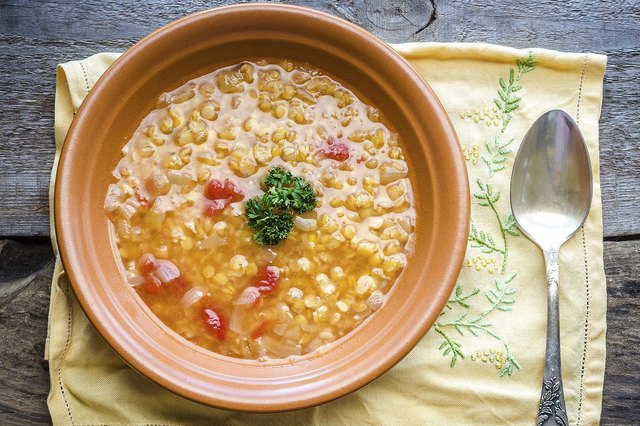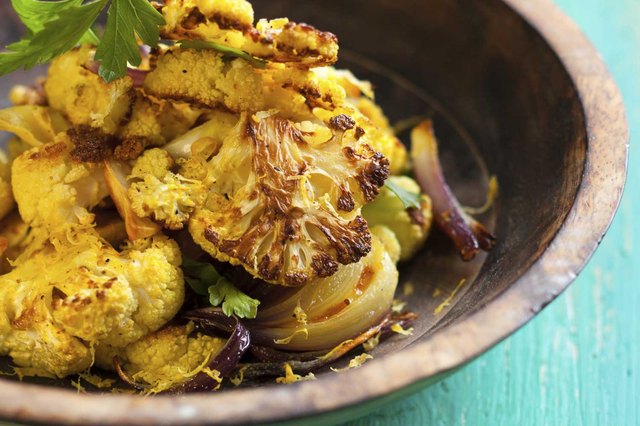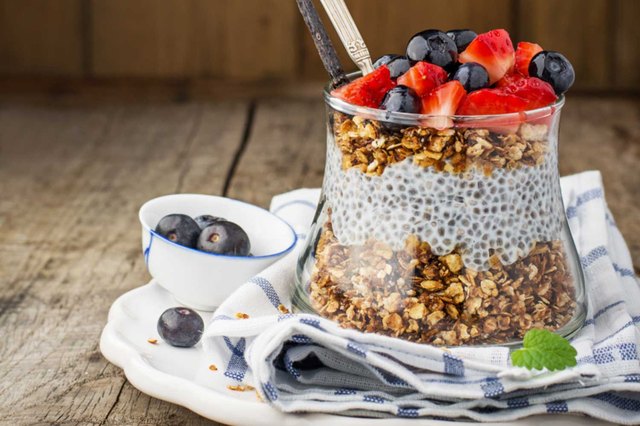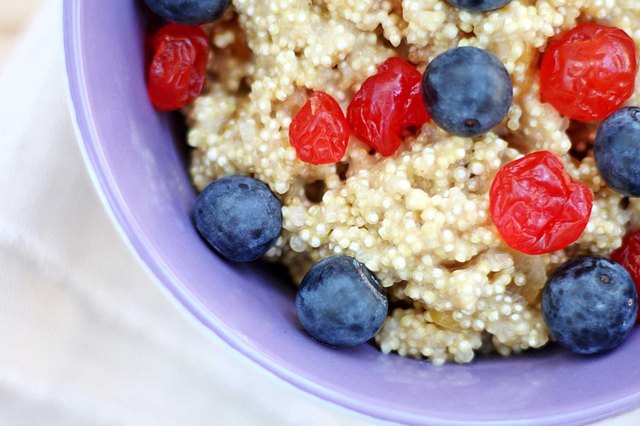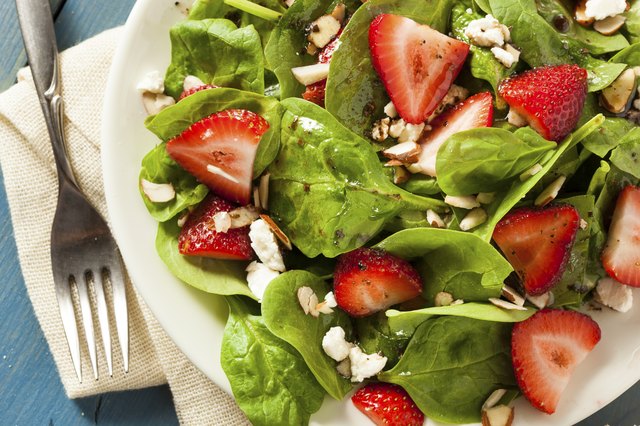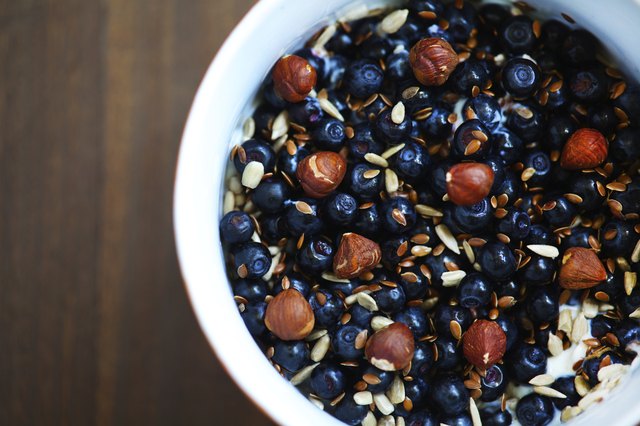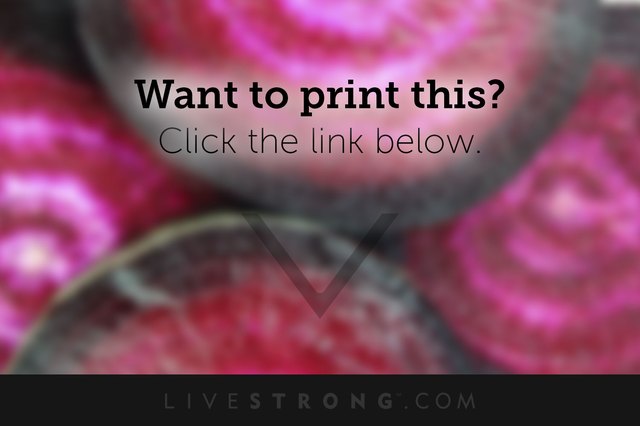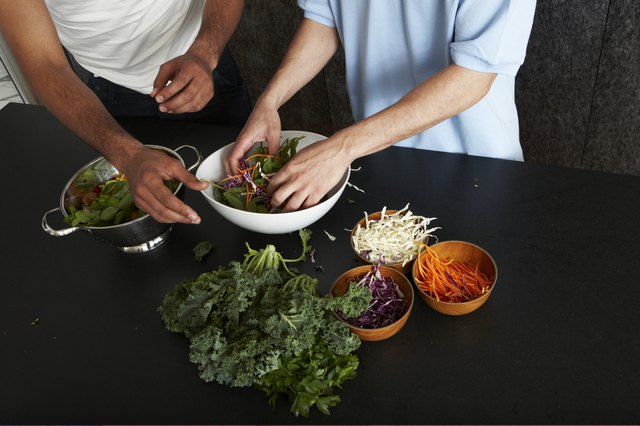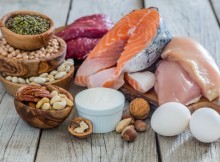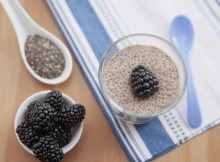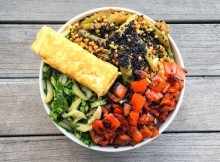10 Super Food exchanges for picky eaters
Advertisements
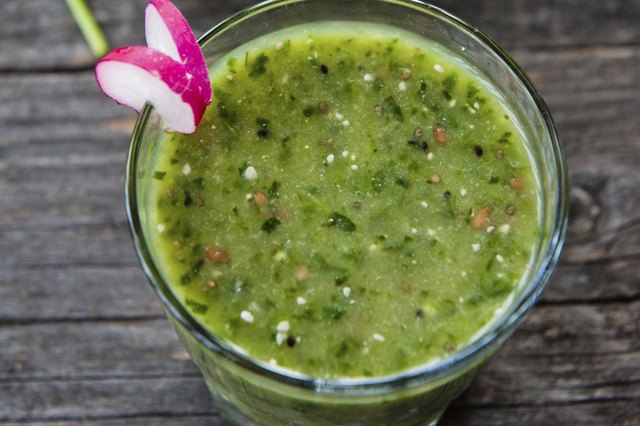
Advertisements
a food may be good for World Health, but that doesn't always mean it tastes good. So don't strangle collards just because you should. Van Dana Sheth, a spokesperson for the society for nutrition and nutrition and a registered dietician, said: 'forcing yourself to eat healthy food is just because everyone says it's good for you, not the ideal way to eat healthy food.' If you don't like a particular "super food," there are usually several other foods that offer similar nutritional values, "and if you like one of them, you're more likely to get those nutrients on a regular basis. Eat some super food your taste buds can't stand? Take a look at these 10 simple super food exchanges: we bet you'll find some new favorite healthy foods.
Credit: Gabriel asusik / iStock / Getty Images from the cooking point of view, broccoli, eggplant, tofu and refined sandalwood can easily replace mushrooms in your recipe, you will want to choose other food to obtain mushroom nutrition. For example, bananas and avocados provide potassium, while Brazil nuts provide selenium. In order to replace mushroom vitamin D, you need to choose animal products. " "Mushrooms are the only source of vitamin D found in the agricultural pathway," said Kimberly gomer, M.S., RD, LDN, director of nutrition at Pritikin Longevity Center. Eggs are probably the best animal substitutes because they also contain the choline of mushrooms. Dr. Lori Zanini, a nutritionist, said choline is an essential vitamin that promotes healthy sleep, muscle movement, learning and memory, and reduces chronic inflammation. This nutrient is added to milk substitutes and some cereals. correlation: 20 best ways to use eggs 1. Don't like kale? Van Dana Sheth, spokesman for the society of nutrition and nutrition, said that eating any other green leaf plant, such as calcium, fiber, iron, phosphorus, potassium, vitamin A, vitamin B6, vitamin C and vitamin K, you can get the nutrition of kale from almost all other green leaf plants. Some choices: spinach, kale, broccoli, dandelion green, cabbage, beet green, radish green, mustard green and Swiss beet. Eating two to three servings of greens a week can even reduce the risk of stomach, breast and skin cancer, according to the U.S. Department of agriculture. Have you tried kale? LORI Zanini, a nutritionist at the Southern California health partners medical group, said the cabbage is more tender than ordinary cabbage and some people like its taste better. There are eight foods associated with it that can boost your energy. Don't like mushrooms? Eat bananas, Brazil nuts and eggs
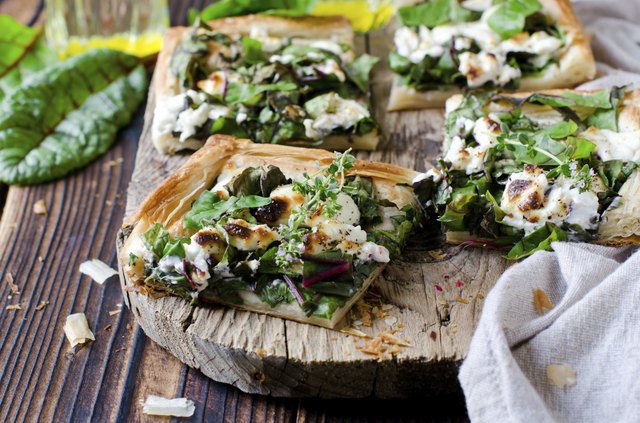
correlation: 9 kinds of post meal food
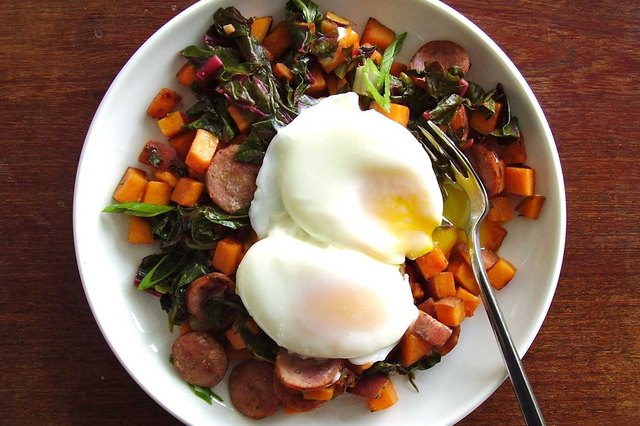
"mung bean is a good substitute. Asparagus and mung beans are rich in calcium, dietary fiber, iron, manganese, magnesium, potassium, riboflavin, thiamine and vitamins A and C. In addition, they are rich in folic acid, which helps the body generate and maintain new cells and prevent DNA mutations that may cause cancer. According to the 2015 study of 20000 hypertensive adults in the Journal of the American Medical Association, they reduce the risk of stroke. In addition: your urine will not smell after eating.
related: sign up to receive free livestrong.com weekly health and fitness press release
points: caniscream / iStock / Getty Images5. Don't like beans? Eat lentils and peas
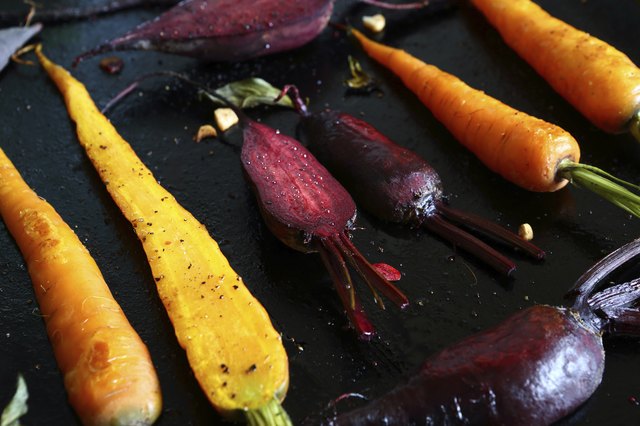
if you don't like one bean, consider trying another. All beans - Pinto, Lima, black, white, kidney - are rich in protein, fiber, and no saturated fat, says Kimberly gomer, MD. Not some bean fan? Try lentils for a similar nutritional status, she suggests. In a 2014 study in the Canadian Medical Association Journal, people who ate one serving of beans or lentils a day reduced their bad cholesterol levels and cardiovascular risk by 5%. Their low glycemic index and their tendency to replace saturated and trans fats may be a factor.
related: sign up to receive free livestrong.com weekly health and fitness press release
Credit: alexpro9500 / iStock / Getty Images6. Don't like Brussels sprouts? Can't cabbage, broccoli and broccoli get rid of the taste of Brussels sprouts? Try to replace the green ones with another cruciferous vegetable, such as broccoli, broccoli or cabbage. They all contain vitamin C and vitamin K, and van Dana Sheth, RDN, spokesman for the society for nutrition and nutrition, said they provide healthy doses of folate, potassium, manganese and vitamins A and B6. At the same time, sulfur compounds in these vegetables may alter gene expression to prevent disease, according to the genetic research frontier in 2012.
correlation: 18 kinds of most nutritious vegetables. Don't like nuts? Don't you like nuts when you eat seeds, beans and lentils? Or are you allergic? Fortunately, you can get heart healthy fats, fibers, vitamins and minerals from seeds. Flaxseed, flaxseed, pumpkin seed, sunflower seed and hemp seed are all good choices. However, if you want to match the nutrition of nuts, sunflower seeds have an advantage in the competition: they are rich in vitamin E of almond, an antioxidant related to healthy aging, stronger immune system and improved cardiovascular health. An ounce of sunflower seed (about two tablespoons) contains half the vitamin e you need for a day. In general, you want to eat all kinds of seeds just as you want to eat all kinds of nuts to benefit from their different nutritional products.
Advertisements
correlation: 13 kinds of nuts and seed butter. Don't like oatmeal? Eating other whole grains has been shown to improve heart health, fight some cancers, help control blood sugar levels and help lose weight, and many more. But other whole grains are OK, said Van Dana Sheth, a spokesman for the school of nutrition and nutrition. Try quinoa, buckwheat, wheat berries, barley and amaranth. Never had amaranth? Now is the time. It is rich in calcium, potassium and iron, and contains more protein than quinoa. In addition, it also contains lysine, which is an important amino acid missing in most grains to promote muscle growth. correlation: 13 powerful grains and seeds. Don't you like avocados? Eat healthy oils, nuts and seeds get monounsaturated fats from olive oil, canola oil, peanut oil, peanut butter and other nuts and seeds, advises Vandana Sheth, RDN, a nutritionist and spokesperson for the society of nutrition and nutrition. In addition, most of these foods also contain avocado's vitamin E and protein, especially nuts, which may help you live longer, she said. For example, a 2013 study in the New England Journal of Medicine found that people who ate a handful of nuts a day for 30 years were 20% less likely to die of any cause. This includes heart disease, diabetes and cancer. correlation: 18 fatty foods are good for you. Credit: related: 17 reasons why you may need more omega-3 related: Click here to print the version! Credit: design directory / iStock / Getty Images correlation: 20 kinds of food that always buy organic food Advertisements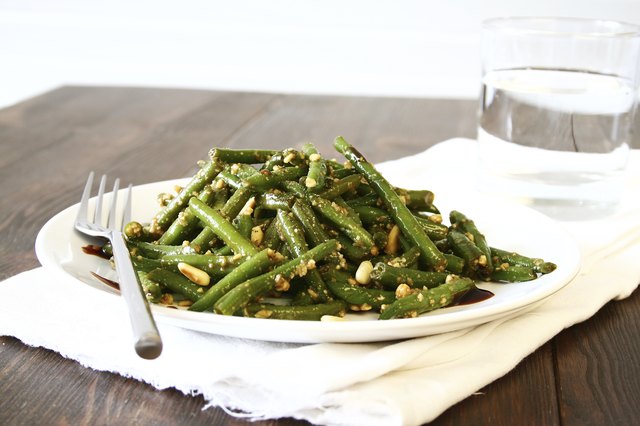
10. Don't you like fish? Eating walnuts, pomegranate seeds, and flax seeds is known for their protein rich and heart healthy omega-3, but if you think of eating fish and turn your stomach, or if you follow a vegetarian or vegan lifestyle, you can get the energy mix elsewhere. Start with a handful of walnuts, suggested van Dana Sheth, RDN. While all nuts contain some healthy fat, 14 half walnuts contain 4.3 grams of protein and 15.5 grams of unsaturated fat (more than 3 ounces of salmon!). , of which 2.5G is α - linoleic acid (ALA), a plant-based Omega-3. This is more than any other nut. Meanwhile, Chia and flaxseed are rich in fiber, omega-3 and protein. However, if you choose flaxseed, first grind it with a spice grinder or food processor. It will help you absorb all of their nutrients, said Rd, LDN, director of nutrition at the king's Longevity Center, Kimberley Gomer School of medicine. The plant-based omega-3 is not absorbed as efficiently as fish, so be sure to add these nuts and seeds regularly.
What do you think? Do you eat these foods? Now that you know they're the perfect exchange for some super foods, will you start? Did we remove your favorite super food from the list? Please leave a message below, let us know!
